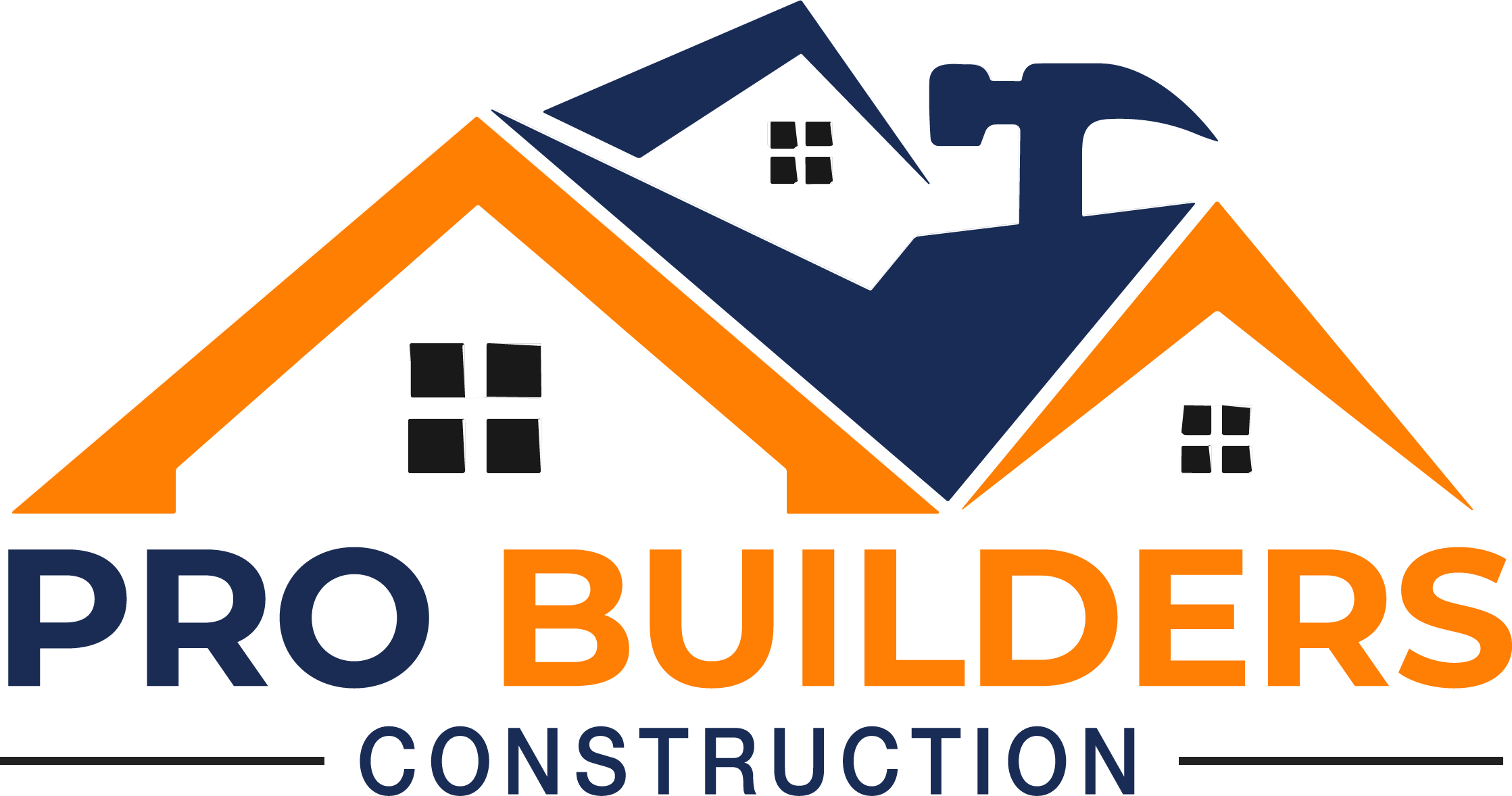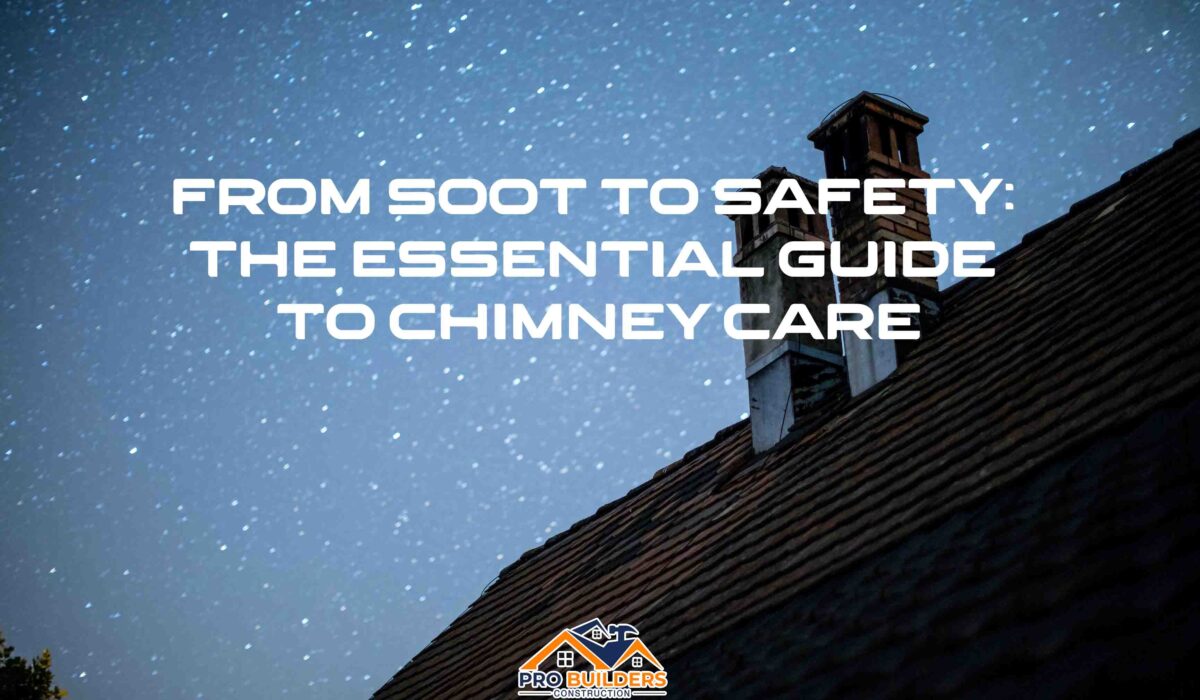Your chimney is an important part of your home’s heating system because it lets smoke and combustion gases escape in a safe and effective way. But, just like any other part of your home, it needs regular upkeep to work right. For the safety and efficiency of your home heating system, you need to clean your chimney on a regular basis. In this article, we’ll talk about why you should clean your chimney, how often you should do it, and when is the best time to do it.
Why should I clean my chimney?
The main reason to clean your chimney is to keep everyone safe. Soot, dirt, and something called creosote build up inside your chimney over time. Creosote is a very flammable byproduct of burning wood and other things, and it can build up in the chimney’s flue lining. If you don’t clean your chimney often, creosote buildup can cause dangerous chimney fires. The National Fire Protection Association (NFPA) says that chimney fires are the most common type of house fire in the United States. These fires harm people and damage property.
A clogged chimney can back up harmful gases like carbon monoxide into your home, as well as being a fire risk. Carbon monoxide is a colorless and odorless gas that can harm you if you breathe it in. It is important to clean your chimney on a regular basis so that these gases can safely escape your home and keep you and your family safe.
Inspections of the chimney should be done once a year. An annual inspection is an important part of chimney maintenance. No matter how often they are used, the Chimney Safety Institute of America (CSIA) says that chimneys should be checked at least once a year. This check is very important because it helps find any structural problems, blockages, or too much creosote buildup that could be dangerous.
During an inspection, a certified chimney sweep will look at your chimney from the inside and outside, check the flue, and make sure there are no blockages like bird nests or other junk. They will also look for damage or wear and tear, like cracks in the masonry or chimney liner, that could affect how well and safely the chimney works. If you find and fix these problems early on, you can avoid expensive repairs and dangerous situations later on.
When should I get my chimney checked?
In addition to once a year, there are other times when you need to have your chimney inspected. An inspection should be set up if:
You Move Into a New Home: Have the chimney checked out before you use the fireplace or wood stove in your new home. You don’t know when the last owner cleaned or inspected it, so it’s important to make sure it’s safe to use.
After a Strong Storm or Earthquake: If you live in an area that gets frequent severe weather, like hurricanes, heavy winds, or earthquakes, you should have your chimney checked out. These things can damage the chimney’s structure, rendering it unsafe.
After a Chimney Fire: If you have a chimney fire, you should have it checked out right away, even if it seems like a small problem. Damage to the flue lining and other parts of the chimney from chimney fires must be fixed before the chimney can be used again.
If You Notice Problems: You should have your chimney inspected if you notice problems like a strong smell of smoke in your home, less draft, visible soot buildup, or a fireplace that isn’t working right.
How often should I clean my chimney?
How often you clean your chimney depends on a number of things, such as how often you use your fireplace, the fuel you burn, and the type of chimney you have. A good rule of thumb is to clean your chimney when the creosote level gets to 1/8 of an inch. This means cleaning the fireplace once a year for many people, especially if they use it a lot during the winter. But if you use your fireplace more often, you might need to clean your chimney more often.
When you burn unseasoned wood or softwoods like pine in a wood-burning stove or fireplace, you make more creosote, which means you have to clean it more often. On the other hand, gas fireplaces don’t make as many waste products and might not need to be cleaned as often, but they still need to be inspected every so often.
When is the best time to clean my chimney?
Before the heating season starts, usually in late summer or early fall, is the best time to have your chimney cleaned. This will make sure that your chimney is going to be ready for use when the weather gets colder. You can also take care of any problems that come up during the inspection or cleaning at this time, before they become major issues.
After a long winter of heavy fireplace use, spring is another good time to clean the chimney. If you clean your chimney in the spring, creosote won’t have a chance to build up in the flue over the summer, which keeps smells and corrosion at bay.
In conclusion:
Regular cleaning and inspection are crucial to maintaining a safe and efficient heating system. By entrusting these tasks to Pro Builders Construction, our certified chimney professionals will guarantee thorough cleaning, reduce the risk of carbon monoxide poisoning, and prolong the life of your chimney. Enjoy the warmth of your fireplace with peace of mind knowing that your home is protected. Contact us today to schedule your appointment.



3 Comments
Comments are closed.